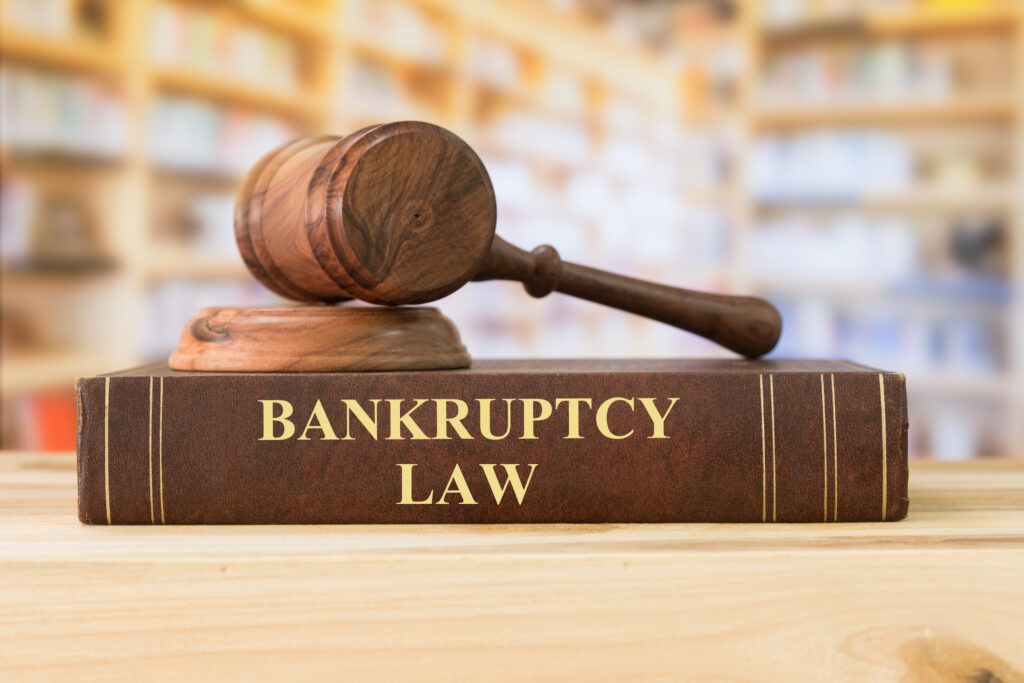
When faced with debt, many people turn to Chapter 7 bankruptcy as a solution. However, is Chapter 7 really the answer to all troubles? This detailed guide examines the ins and outs of Chapter 7 bankruptcy, providing insights into its advantages and disadvantages. It also explores approaches to debt relief, allowing you to make a decision that suits your specific financial circumstances.
Understanding Chapter 7 Bankruptcy
The Fresh Start Approach
Chapter 7 bankruptcy, which is often referred to as liquidation bankruptcy, provides individuals with a chance to start anew by eliminating the majority of their debts. This encompasses credit card debt, medical bills, and personal loans, providing debtors a clean financial slate.
The Speedy Resolution
One of the things that make Chapter 7 appealing is how quickly it can be resolved. Usually taking 3-6 months, it provides a quick way to find relief from the heavy load of excessive debt.
Automatic Stay Advantage
When you file for bankruptcy, an automatic stay goes into effect, which stops collection actions. This means that you will no longer receive harassing calls and letters from creditors, giving you some much needed peace of mind.
Asset Liquidation
One important thing to think about is the possibility of having to sell assets that are not protected by exemption laws in order to repay creditors. While many personal assets are protected under state exemption laws, some valuable assets might have to be sold to pay off creditors.
Credit Score Impact
Filing for bankruptcy can have an impact on your credit score. Chapter 7 bankruptcy can stay on your credit report for as long as 10 years, which may affect your chances of getting credit in the future, obtaining insurance, or finding employment.
Qualification Criteria
Not everyone qualifies for Chapter 7. The means test, which compares your income to the median in your state, determines eligibility, potentially barring those with higher incomes.
Exploring Alternatives to Chapter 7
Debt Settlement
Debt settlement involves negotiating with creditors to settle debts for less than what is owed. It can be a viable option for those who can afford to pay a lump sum amount.
Debt Management Plans (DMPs)
Offered by credit counseling agencies, DMPs consolidate debts into a single monthly payment, often with reduced interest rates and waived fees.
Chapter 13 Bankruptcy
Known as reorganization bankruptcy, Chapter 13 involves a court-approved repayment plan, allowing you to keep most of your assets.
Budgeting and Financial Counseling
At times, making changes to your budget and seeking guidance from experts can help you gradually repay your debts without the need for legal intervention.
Making the Right Choice
The decision to file for Chapter 7 bankruptcy should be weighed against these alternatives. Each individual’s financial landscape is unique, and what works for one may not be suitable for another.
Conclusion
Taking the step, towards achieving financial independence is a big decision. Chapter 7 bankruptcy can be an imperative solution for relieving debt, therefore, It’s important to carefully consider all options and alternatives. Seeking advice from a bankruptcy lawyer or financial advisor can offer insight and customized guidance based on your individual circumstances. However, It is essential to remember that finding stability is a journey for each person, not a one size fits all approach. Ultimately, it leads to a brighter future in terms of finances.


Get a Free Bankruptcy Case Evaluation